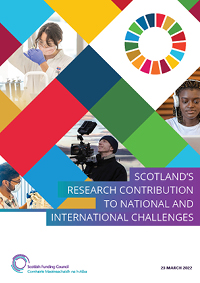SFC news published since 2018. See SFC archived content for earlier news articles.

Problems relating to water and soils pollution are characteristic of many millions of people and livestock in sub-Saharan Africa, the Caribbean and small island states around the world.
The global health and clean water network, led by the British Institute in Eastern Africa, focused efforts on climate-stressed, rural, and deprived urban communities in Kenya, Jamaica and Grenada. It brought together leading academic researchers and a wide range of community stakeholders in a ‘one health’ approach.
The two-year collaborative research programme examined affordable and innovative technological and sociological solutions to improve access to clean water, healthy and productive soils and safe, nutritious foods.
Network members participated in a two-year programme of innovative, interconnected activities, designed to facilitate and enrich the exchange of knowledge, ideas and praxis, build capacity, and help early and mid-career academics to connect with the wider community.
On a local level, the activities included outreach into communities to heighten awareness of the health impacts of polluted water and soils; open access e-learning courses; and knowledge networks where businesses were encouraged to develop ideas for change. On an international level, digital conferences gave network members the opportunity to demonstrate how different issues were being tackled.
The project has not only enabled the University of the Highlands and Islands to develop international engagement and exchange, but has also intensified collaboration across organisational and disciplinary boundaries within Scotland.
Subsequent funding has been secured to extend national and international collaborations that use the ‘one health’ approach to contribute to United Nations Strategic Development Goals.

